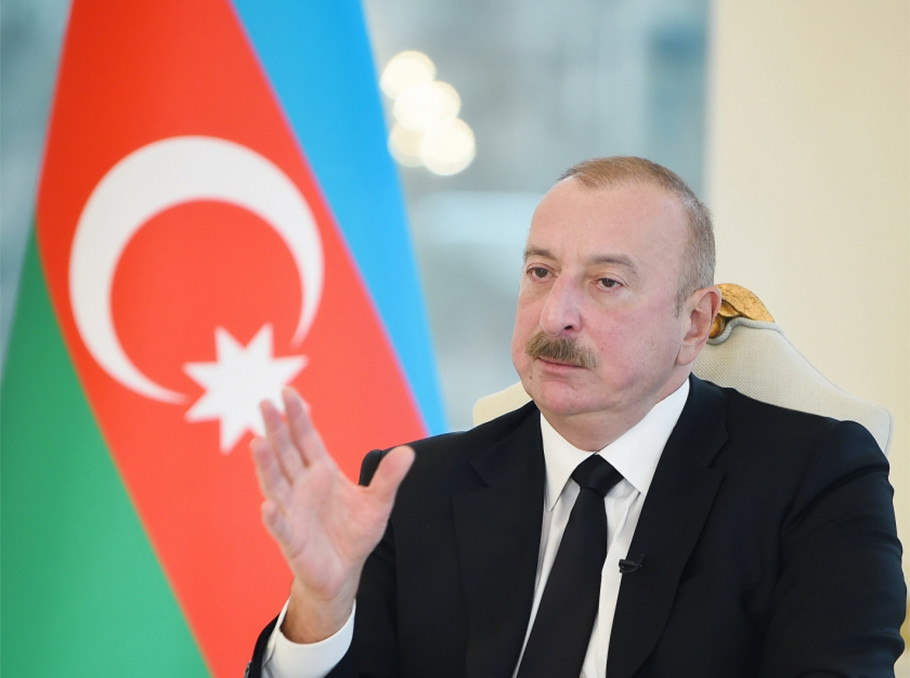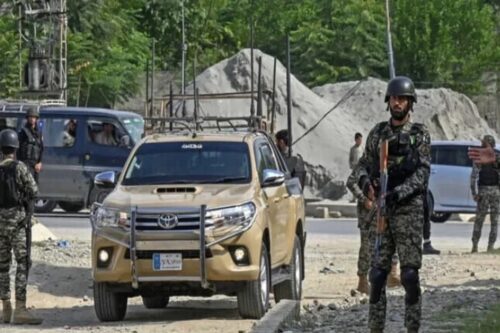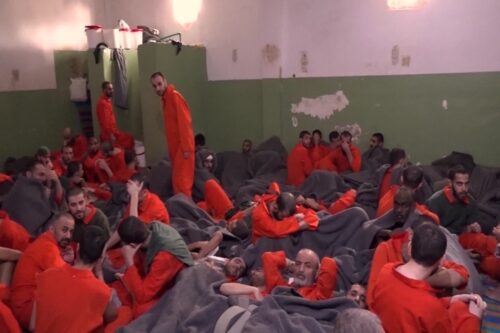
Accused of genocidal acts, Azerbaijan is using COP29 to create a “peacemaker” image
Azerbaijan is hosting the next U.N. climate summit, Cop29, in November. Their proposed agenda omits discussions on phasing out fossil fuels and excludes civil society participation. This is not a surprise. Azerbaijan has recently increased oil and gas production, and aims to diversify its economy by expanding mining, The Conversation writes.
Azerbaijan is positioning itself as a peacemaker. But this stands in stark contrast to the country’s record of military aggression, human rights abuses and violations of international law, which have left it facing allegations of genocide. Azerbaijan is using Cop29 both to “greenwash” and “peacewash” its global image, while in fact it still has expansionist territorial ambitions.
In September 2020, Azerbaijan launched a six-week war in Artsakh, which resulted in more than 7,000 casualties.
The offensive forced more than 100,000 ethnic Armenians to flee. Two international jurists, Juan Ernesto Mendez and Luis Moreno Ocampo, have concluded that Azerbaijan’s 2020 and 2023 military campaigns in Nagorno-Karabakh constituted genocide.
Mendez highlighted that Azerbaijan’s strategy was to inflict “serious bodily or mental harm” on Armenians. And Ocampo emphasized the use of starvation, denial of medical aid and forced displacement. He compared Azerbaijan’s tactics to the Armenian Genocide during the first world war and the also to the Holocaust.
As noted, Azerbaijani forces reportedly used sexual violence systematically against Armenians during the Nagorno-Karabakh conflict, circulating messages encouraging the rape and murder of Armenian women. And rights organizations have also provided harrowing accounts of the physical and psychological abuse endured by hundreds of Armenian hostages still being held.
Many elements of the conflict remain unresolved. But speaking from a position of military weakness, the Armenian prime minister, Nikol Pashinyan, proposed a peace treaty in May 2024. Despite these concessions, Azerbaijan has refused to engage in peace talks. It has instead made a series of new demands, which include changes to the Armenian constitution.
Azerbaijan is also playing a role in conflicts elsewhere. The Russo-Azeri alliance has made Azerbaijan a critical conduit in breaking western sanctions. Azerbaijan is reliant on fossil fuel production, and has not committed to phasing out oil and gas.
Aliyev has been consistent in his rhetoric that Armenia’s capital, Yerevan, is an “Azerbaijani city”. This reflects a broader strategy of historical revisionism and genocide denial. These territorial ambitions are postponed while Cop29 takes place. But the conference could well be the prelude to the renewal of war in the South Caucasus.


